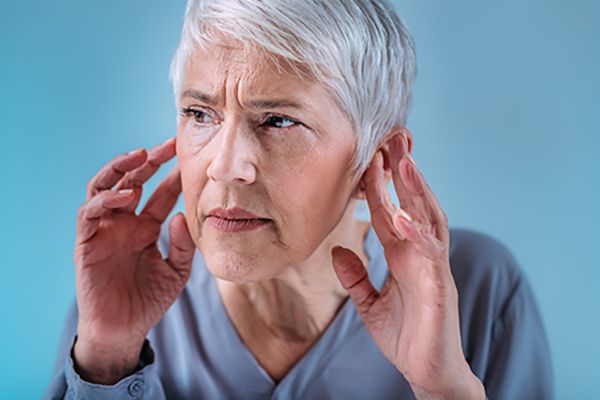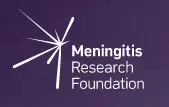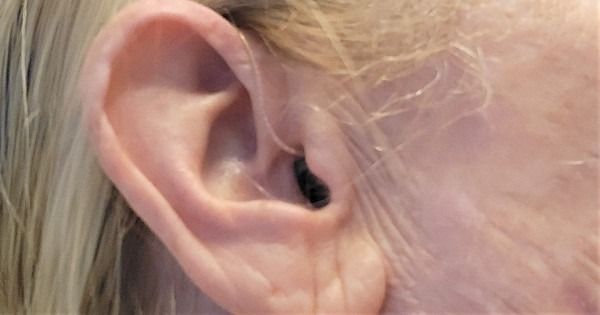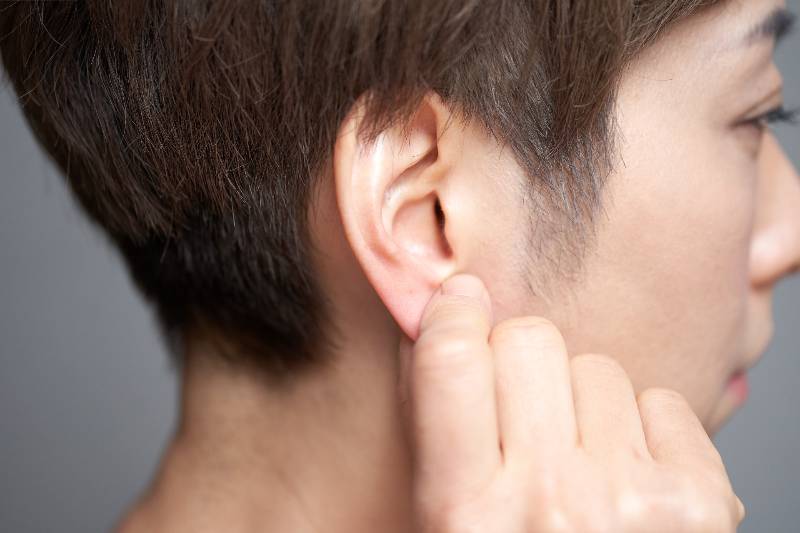Introduction
Combining the complications of meningitis with hearing loss can create significant hurdles in an individual’s life. Particularly daunting for those newly diagnosed, this dual challenge demands a thoughtful approach. Our comprehensive guide aims to offer valuable insights, resources, and coping strategies to support and inspire those affected by this condition. From understanding the underpinnings of meningitis-related hearing loss to the latest in regenerative medicine, this guide is an essential resource for facing life with meningitis and hearing loss.
Unpacking the Impact of Different Meningitis Strains on Hearing Loss
Understanding the various strains of meningitis and their potential consequences on hearing health is crucial for those recently diagnosed. The threat of hearing loss is higher in cases of bacterial meningitis caused by bacteria like Streptococcus pneumoniae, Neisseria meningitidis, and Haemophilus influenzae. These bacteria can inflict damage to the intricate structures within the inner ear, causing either temporary or lasting hearing impairment.
Conversely, viral meningitis, which arises from viruses such as enteroviruses, herpes simplex virus, and mumps virus, is usually less severe than its bacterial counterpart. Nevertheless, it can also lead to hearing loss in certain cases. Early diagnosis and apt treatment are fundamental in mitigating the risks of hearing impairment from both bacterial and viral meningitis. It is advised to consult healthcare professionals to discern the best course of action for each unique situation.
The Promising Future of Regenerative Medicine in Meningitis and Hearing Loss
Regenerative medicine brings tremendous hope for those grappling with meningitis-induced hearing loss. Scientists are currently investigating the possibilities of stem cell therapy in repairing damaged structures within the inner ear and restoring hearing capabilities. Preclinical trials have suggested that introducing specific stem cells into the damaged inner ear can potentially regenerate hair cells crucial for hearing.
Additionally, gene therapy is gaining traction within regenerative medicine. It involves incorporating healthy genes into the inner ear to correct genetic mutations or stimulate the growth of new hair cells. While still in the experimental phase, these therapies paint a hopeful future for those impacted by hearing loss as a result of meningitis. Stay updated with advancements in regenerative medicine to understand emerging treatment options.
Groundbreaking Technologies in the Detection and Management of Meningitis and Hearing Loss
Technological advances are reshaping how meningitis and hearing loss are detected and managed. It’s vital to diagnose meningitis early to prevent complications, including hearing loss. Newly developed tools like rapid diagnostic tests and PCR-based methods now allow for swifter, more precise identification of meningitis-causing pathogens. This fast detection enables timely treatment and reduces the risk of hearing impairment.
For managing hearing loss, advanced hearing aids and cochlear implants have dramatically improved the quality of life for individuals affected by meningitis-induced hearing loss. These devices, adaptable to individual needs, offer improved sound quality and better communication. Smartphone applications and other assistive technologies also augment the user experience for those with hearing loss, ensuring a more accessible life.
Lipo-Flavonoid Plus, Tinnitus Relief for Ringing Ears
Considered the most effective over-the-counter solution by ENTs, this product comes highly recommended by doctors for reducing ear ringing. Its effectiveness has been acknowledged and trusted by medical professionals in the field.
Please note that exposure to heat or sunlight may cause melting or damage to the product. To ensure the product’s integrity, customers are advised to be present during the delivery process.
Formulated with a natural lemon bioflavonoid complex, this product contains a rich blend of essential vitamins and nutrients such as Vitamins C, B1, B2, B6, B12, Calcium, Choline Bitartrate, Inositol, Niacin, and Pantothenic Acid. These ingredients provide vital nutritional support for the inner ear, making it beneficial for individuals with tinnitus and Meniere’s syndrome.
The Overlooked Consequence of Meningitis: Hearing Loss Decoded
Meningitis, marked by the inflammation of the membranes encasing the brain and spinal cord, is a potentially life-threatening condition. While common symptoms like fever, headache, and stiff neck are well-recognized, the link between meningitis and hearing loss often goes unnoticed. The inflammation from meningitis can damage the inner ear structures crucial for sound processing, including the cochlea and auditory nerve, leading to hearing loss.
The severity of hearing loss can vary from mild to profound and may be temporary or permanent, depending largely on the severity of the infection and the efficacy of treatment. Early intervention and suitable medical care can mitigate the risk of hearing loss due to meningitis. Therefore, if you or a loved one exhibits symptoms of meningitis, immediate medical intervention is necessary to prevent complications, including hearing impairment.
Facing Life with Hearing Loss Post-Meningitis
Managing life after meningitis-induced hearing loss can be arduous, but with appropriate resources and support, individuals can lead a rewarding life. If you’ve been diagnosed with hearing loss due to meningitis, it’s critical to collaborate closely with your healthcare team to devise the best action plan. Depending on the severity of your hearing loss, this plan might include the use of hearing aids or cochlear implants.
Additionally, it’s essential to devise effective communication strategies and make necessary lifestyle adjustments. This could entail learning sign language, utilizing assistive listening devices, or leveraging visual cues for better communication. Constructing a robust support network of friends, family, and professionals who understand your struggles is invaluable as you navigate life post-meningitis.
The Mechanics Behind Meningitis-Induced Hearing Loss
The root cause of hearing loss due to meningitis lies in the inflammatory response initiated by the infection. This inflammation can lead to elevated pressure within the skull, damaging the blood vessels that nourish the inner ear. This interruption of blood flow can cause damage to the cochlea’s hair cells and the auditory nerve, leading to hearing impairment.
Moreover, the inflammation can extend to the inner ear, causing direct damage to the delicate structures that process sound. In severe cases, the infection can lead to scar tissue and calcification within the inner ear, further compromising hearing function. Understanding the mechanics behind hearing loss due to meningitis can help inform preventative strategies and treatment options for those affected.
QUIZ - TINNITUS AND ITS SYNONYMS
Coping with Hearing Loss Post-Meningitis: Tips and Strategies
Dealing with hearing loss after meningitis can be a significant challenge, but there are strategies to help you adjust and maintain a positive mindset. First and foremost, educate yourself about your condition and the resources available. This knowledge will empower you to advocate for your needs and make informed decisions regarding your care.
Build a robust support network of friends, family, and professionals who can offer guidance and encouragement. Consider joining a support group or connecting with others who have experienced hearing loss due to meningitis.
Lastly, be proactive about your hearing health. Schedule regular check-ups with your audiologist, and stay informed about the latest developments in hearing technology. By taking an active role in your hearing health, you can regain control over your life and continue to thrive despite the challenges of hearing loss after meningitis.
Conclusion
Meningitis and hearing loss are interconnected conditions, with each contributing significantly to the other’s severity. Understanding the impact of various strains of meningitis on hearing is crucial. Bacterial meningitis poses a higher risk of hearing loss than its viral counterpart, affecting the delicate structures within the inner ear and potentially causing permanent hearing impairment. Irrespective of the type of meningitis, early detection and appropriate treatment are paramount in minimizing the risk of resultant hearing loss.
Regenerative medicine offers promising prospects for those grappling with meningitis and hearing loss. Emerging treatments such as stem cell therapy and gene therapy have the potential to repair inner ear damage and restore hearing function. Although these approaches are still experimental, they hold immense promise for future treatments. Staying informed about such medical advancements is crucial for those affected by meningitis-induced hearing loss.
Technological advancements are transforming the way meningitis and hearing loss are detected and managed. Modern diagnostic tools allow for early detection of meningitis, potentially reducing the risk of hearing impairment. On the other hand, advanced hearing aids, cochlear implants, and assistive technologies significantly improve the lives of those living with hearing loss post-meningitis.
Meningitis is a significant underlying cause of hearing loss, often overlooked due to the acute symptoms of the condition. The resulting inflammation can damage inner ear structures, leading to hearing impairment, which can be temporary or permanent. Early medical intervention can minimize the risk of hearing loss, underlining the importance of seeking immediate medical attention upon experiencing meningitis symptoms.
Living with hearing loss post-meningitis can be challenging, but with the right support and resources, a fulfilling life is possible. Developing effective communication strategies, using assistive listening devices, and building a robust support network are essential steps in navigating life after meningitis.
Ultimately, the key to coping with hearing loss post-meningitis lies in staying informed, developing a strong support network, and being proactive about hearing health. Education, support, and proactive care are instrumental in maintaining a positive outlook and thriving despite the challenges posed by hearing loss after meningitis.
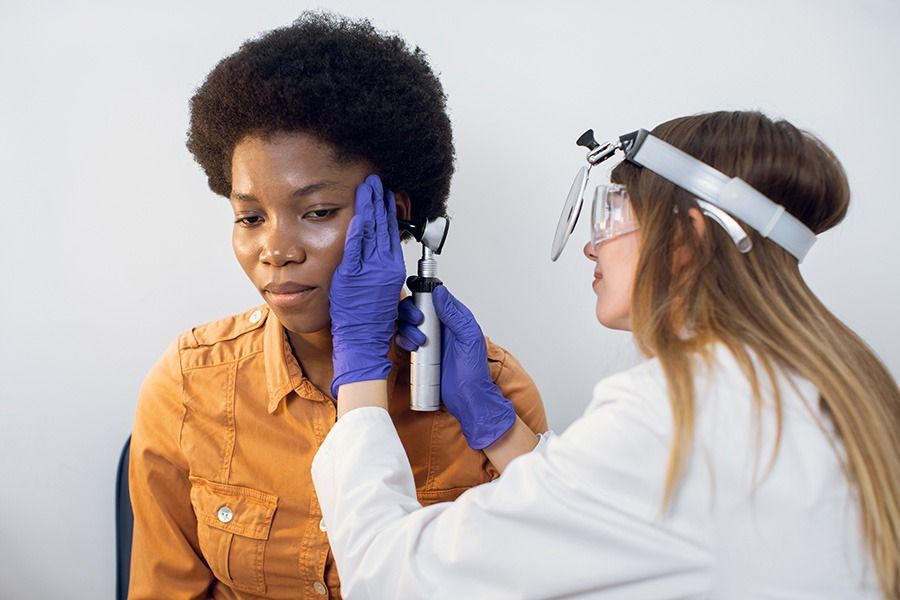
Thriving with Conductive Hearing Loss: A Guide to Hobbies, Fitness, Socialization, and Relationships
This guide offers strategies for seniors caring for someone with conductive hearing loss, focusing on hobbies, fitness, social events, dating, and music.

Navigating the Sound of Silence: Insights into Living with Conductive Hearing Loss
An in-depth look into the lives of seniors with conductive hearing loss, exploring their challenges and the strategies they use to lead fulfilling live

